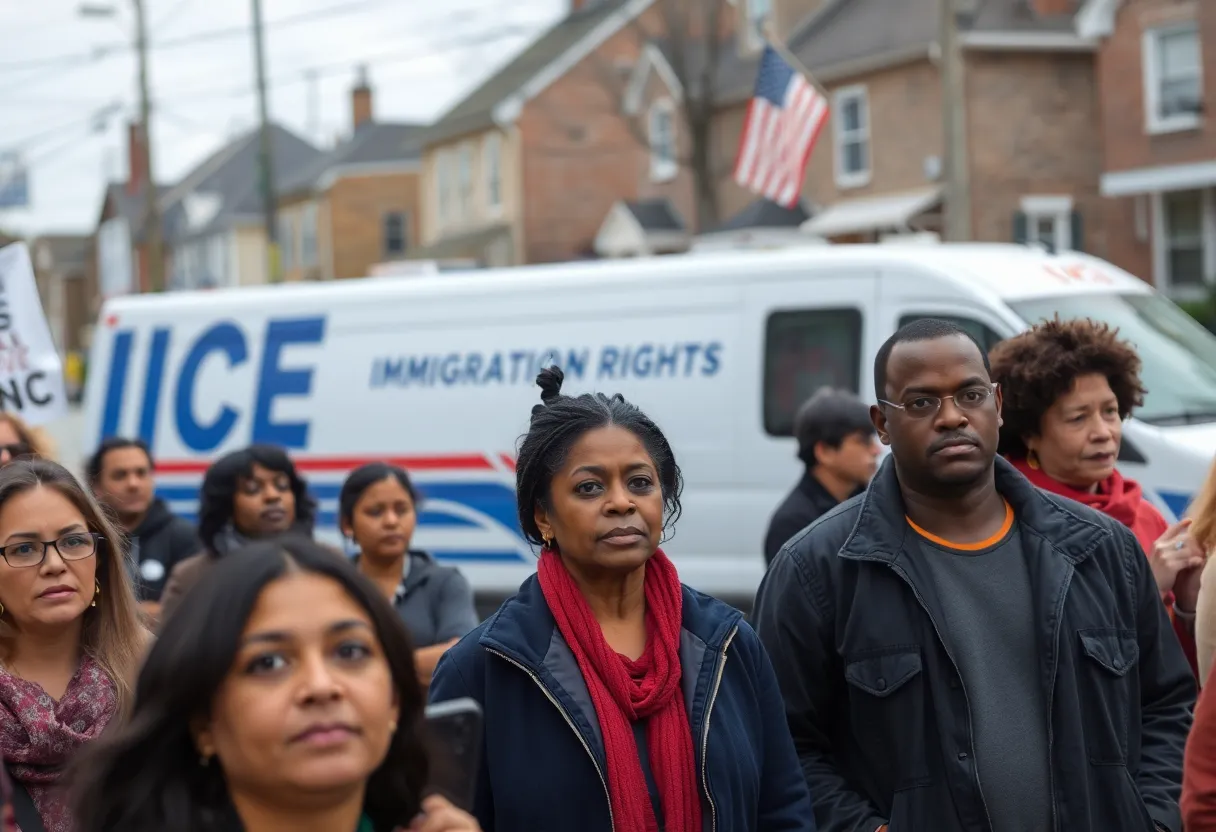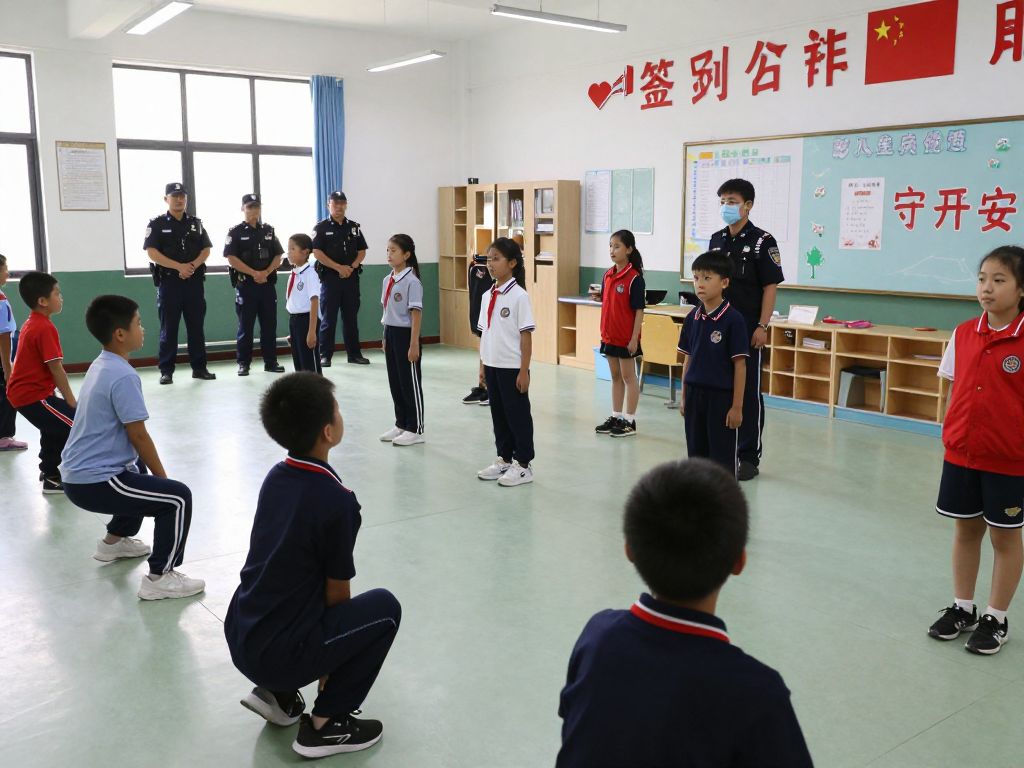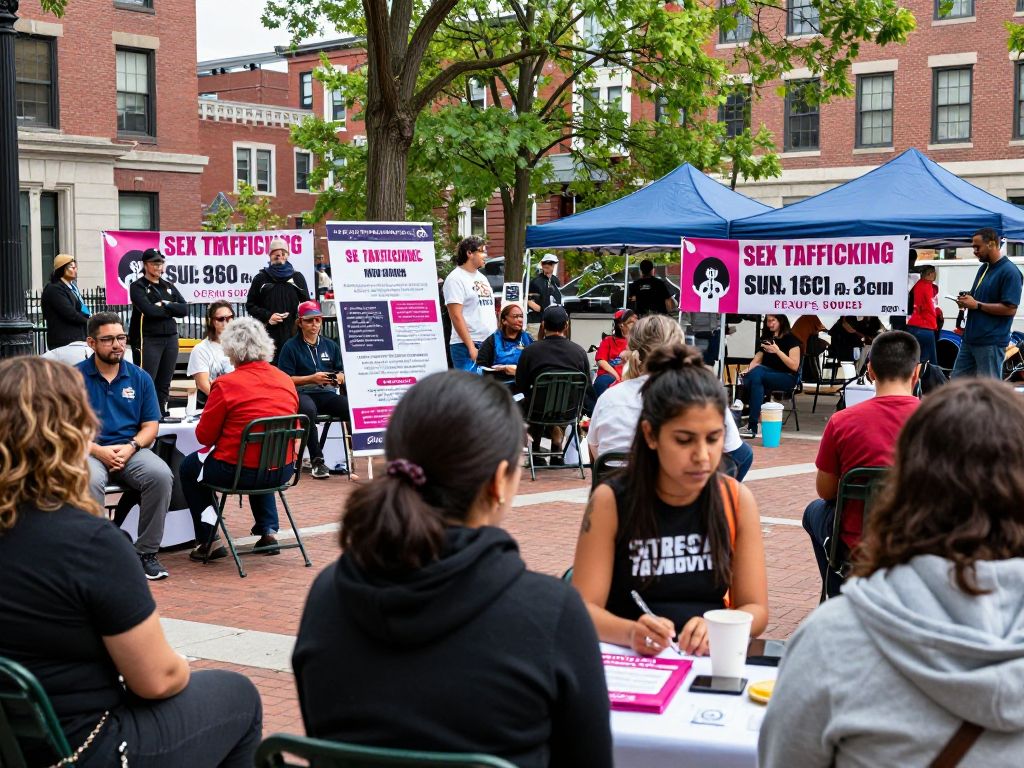News Summary
A conflict has escalated between Massachusetts Governor Maura Healey and Trump’s border czar Tom Homan regarding increased ICE activities in Massachusetts. Healey criticizes the rise in ICE operations as a tactic to distract from economic issues, highlighting fears in communities. The Boston Archdiocese confirmed ICE vehicle sightings, adding to residents’ anxiety. Meanwhile, community organizations in response have launched initiatives to protect residents’ rights amidst the perceived intimidation by ICE, which echoes similar tensions in other cities like Chicago, where immigration enforcement has become a contentious topic.
Boston – A significant conflict has emerged between Massachusetts Governor Maura Healey and President Trump’s border czar, Tom Homan, over the recent increase in ICE (Immigration and Customs Enforcement) activities in the state. This dispute escalated following Healey’s appearance on a national news program, where she addressed concerns regarding the growing visibility and impact of ICE operations in Greater Boston.
The recent round of ICE actions is linked to a broader initiative known as Operation Patriot 2.0, which follows a previous operation in May that resulted in nearly 1,500 arrests. Healey suggested that ICE’s intensified presence in the area is a strategic diversion from perceived failures in the Trump administration’s economic policies. She highlighted instances where ICE agents were reportedly observed near community gathering spots, further asserting that these operations cultivate a sense of fear among residents.
Particularly alarming for some local residents were reports of ICE activity near a Spanish mass at St. Ignatius Church on the Boston College campus. Although the Boston Archdiocese confirmed the presence of an ICE vehicle over the weekend, they clarified it was not present during the Sunday service as initially claimed by Healey. This incident is part of a growing narrative that underscores perceived intimidation tactics employed by ICE.
Healey has expressed that these tactics compromise public safety and target individuals based on their racial or ethnic backgrounds, which disproportionately affects everyday activities such as attending school or shopping for groceries. Meanwhile, Homan accused Healey and Boston Mayor Michelle Wu of misrepresenting the situation, suggesting that such local leaders should instead be grateful for the law enforcement efforts aimed at enhancing community safety.
Despite ongoing discussions, the specific number of federal agents involved in Operation Patriot 2.0 and the exact communities in Massachusetts affected remain unclear. However, it is evident that reports of ICE encounters have sparked significant concern among local residents, prompting community organizations to engage in proactive measures. Many Massachusetts communities, including Cambridge, have conducted know-your-rights training in response to the heightened fear surrounding ICE operations.
Cambridge City Council members have reported that residents are increasingly anxious due to the visible presence of ICE, and Mayor Wu has indicated that community groups are mobilizing to set up hotlines and document ICE activities. This grassroots response aims to support residents in navigating the growing climate of fear associated with immigration enforcement.
ICE operations are concurrently escalating in cities like Chicago, where the Department of Homeland Security has launched Operation Midway Blitz, targeting undocumented immigrants with criminal records. Homan has noted that many undocumented individuals often feel shielded due to sanctuary city policies, which has drawn further attention to the tenuous relationship between federal enforcement agencies and local governments.
Local leaders in Chicago have begun to prepare strategies to resist federal immigration enforcement by fostering non-cooperation between local law enforcement and ICE. The Trump administration’s aggressive immigration enforcement approach has sparked significant pushback from Democratic-led cities, culminating in legal actions by the Justice Department against sanctuary cities, arguing they obstruct federal immigration measures.
Amid these developments, communities across the nation are increasingly alarmed by the heightened visibility of ICE, which appears to disrupt social and cultural activities. In particular, Chicago residents have reported feeling threatened as ICE activities rise, prompting conversations about safety and rights within their communities.
As Massachusetts officials and community leaders continue to challenge the legality and morality of ICE’s enforcement strategies, the ongoing confrontation between local and federal authorities encapsulates a complex and contentious aspect of U.S. immigration policy, with significant implications for public trust and community well-being.
Deeper Dive: News & Info About This Topic
- WCVB: Operation ICE in Boston
- NBC Boston: What to Do During ICE Operations
- CNN: ICE Raids Planned in Chicago
- The New York Times: ICE Operations in Boston
- Time: Trump’s Immigration Crackdown
- Wikipedia: Immigration and Customs Enforcement
- Google Search: ICE Operations News
- Google Scholar: ICE Operations Impact
- Encyclopedia Britannica: Immigration Policy
- Google News: ICE Arrests Boston

Author: STAFF HERE BOSTON WRITER
The BOSTON STAFF WRITER represents the experienced team at HEREBoston.com, your go-to source for actionable local news and information in Boston, Suffolk County, and beyond. Specializing in "news you can use," we cover essential topics like product reviews for personal and business needs, local business directories, politics, real estate trends, neighborhood insights, and state news affecting the area—with deep expertise drawn from years of dedicated reporting and strong community input, including local press releases and business updates. We deliver top reporting on high-value events such as Boston Marathon, Head of the Charles Regatta, and Boston Harborfest. Our coverage extends to key organizations like the Greater Boston Chamber of Commerce and Associated Industries of Massachusetts, plus leading businesses in finance, biotech, and insurance that power the local economy such as Fidelity Investments, Biogen, and Liberty Mutual Insurance. As part of the broader HERE network, we provide comprehensive, credible insights into Massachusetts's dynamic landscape.





